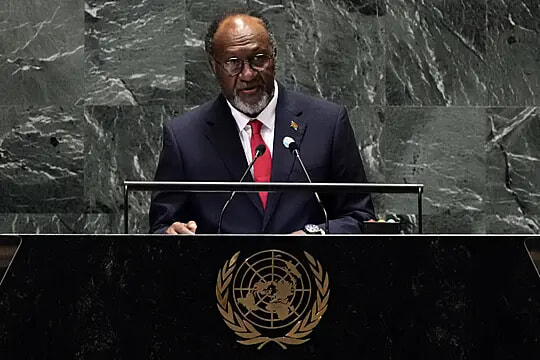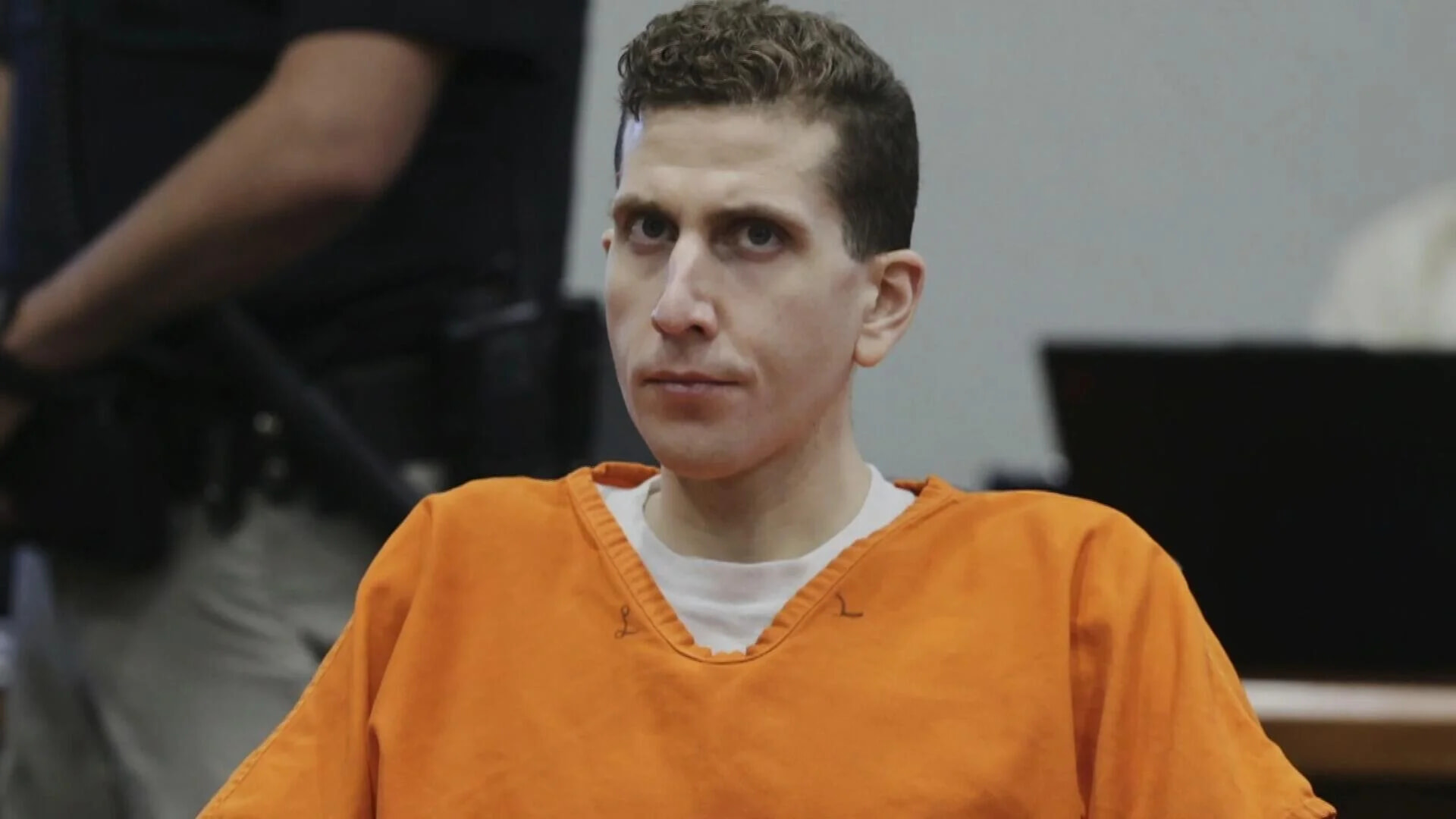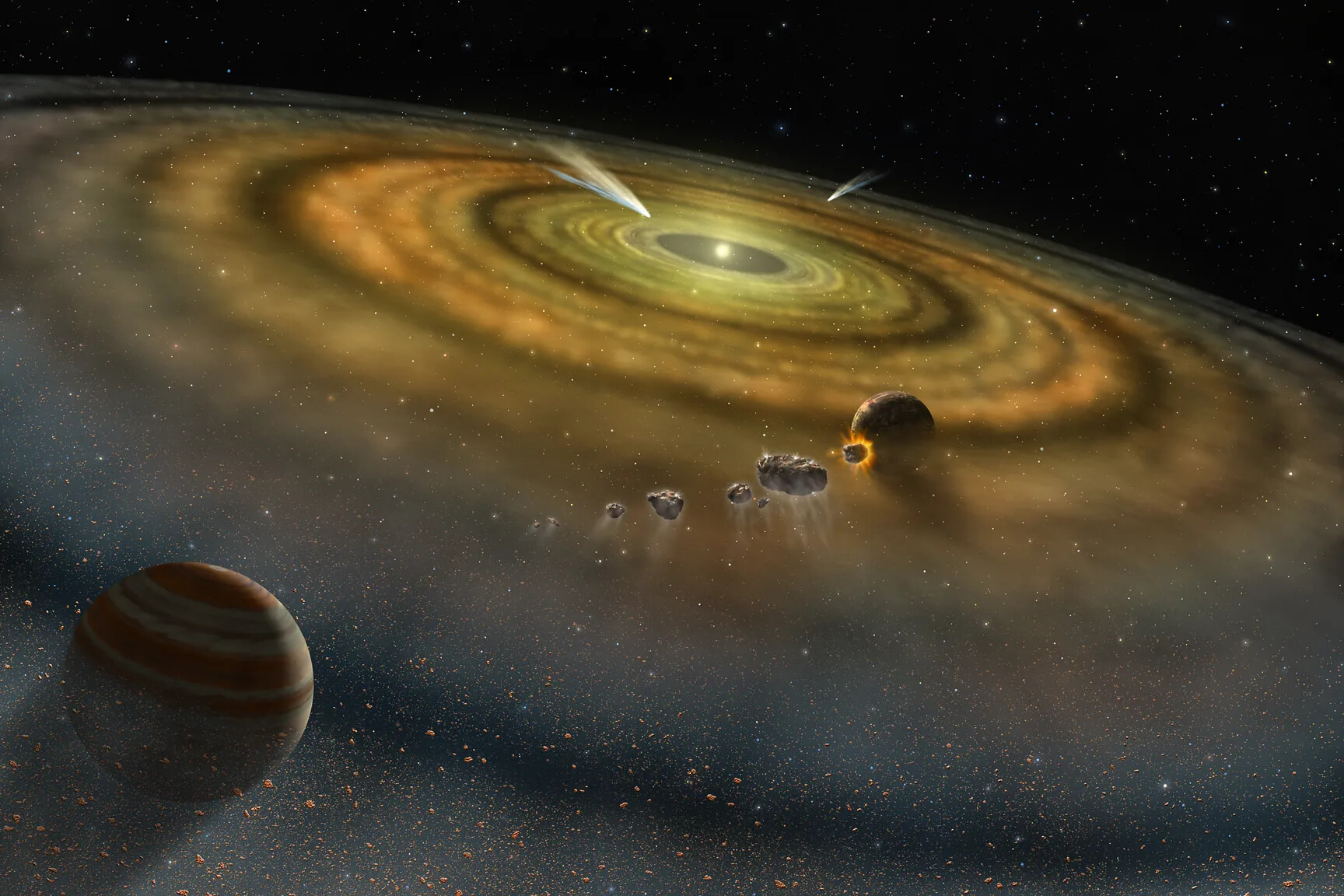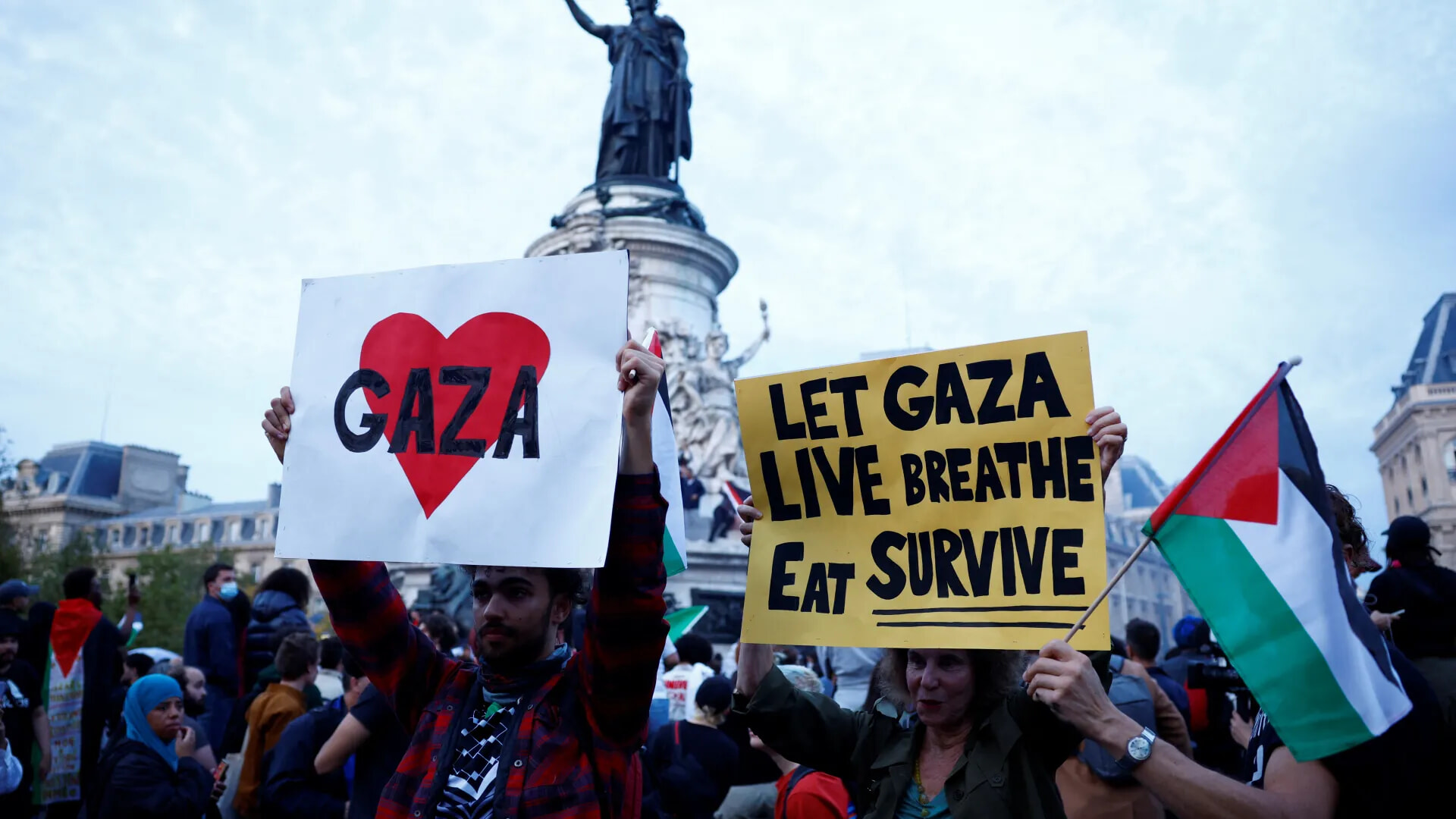
France Will Officially Recognize Palestine as a State, Says President Macron
The first big move.
Published July 29, 2025
Advertisement
Advertisement
1. Macron’s Gamble: France Breaks the Silence
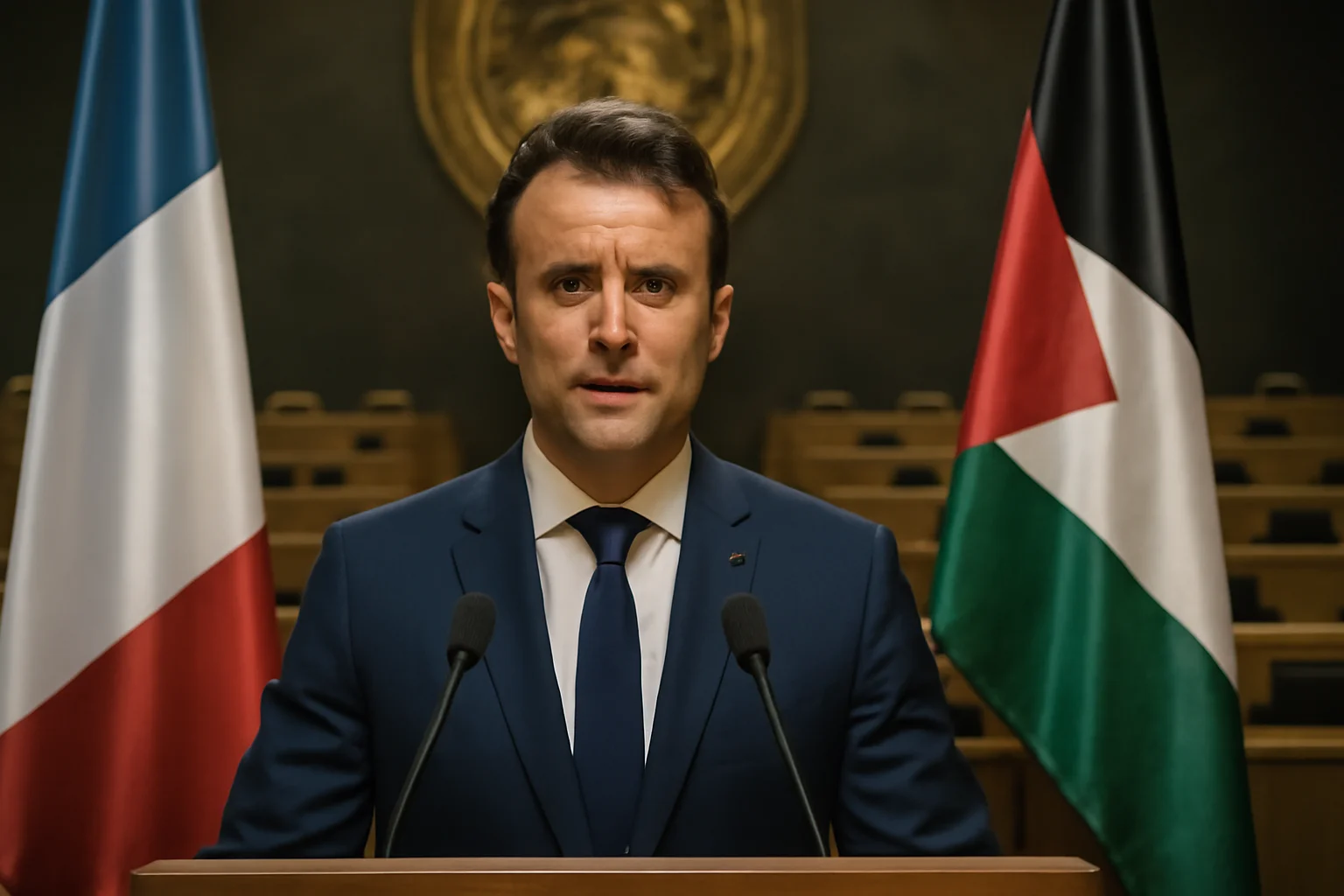
President Emmanuel Macron stunned the world by announcing France will formally recognize the state of Palestine at the United Nations General Assembly in September, declaring it a decisive step toward peace in the Middle East.Macron’s statement, delivered via social media and in letters to Palestinian leadership, reaffirmed France’s “historic commitment to a just and lasting peace,” and signaled a dramatic pivot among major Western powers.This bold move makes France the first G7 country to officially recognize Palestinian statehood, breaking with decades of status quo among its peers and positioning itself at the forefront of a new diplomatic initiative.Macron emphasized the urgency to end the war in Gaza, provide humanitarian aid, and push for a viable two-state solution.He called for an immediate ceasefire, the release of all hostages, and the demilitarization and reconstruction of Gaza as prerequisites for lasting peace.France’s Foreign Minister echoed this sentiment, stating the recognition is a stance for peace, not war, and that a demilitarized Palestinian state must also fully recognize Israel.The announcement sparked deep reactions throughout Europe and the world, as France—home to Europe’s largest Jewish and Muslim populations—walks a political tightrope.While Macron seeks to use France’s influence as a UN Security Council member to reshape Middle East diplomacy, the move carries domestic risks and could define his legacy.With the region still reeling from conflict and humanitarian disaster, Macron’s gamble has injected new momentum—and controversy—into the debate over Palestinian statehood.As history unfolds, France’s decision marks a pivotal moment in the global conversation on the Israeli-Palestinian conflict.
Advertisement
2. Shockwaves Across the World
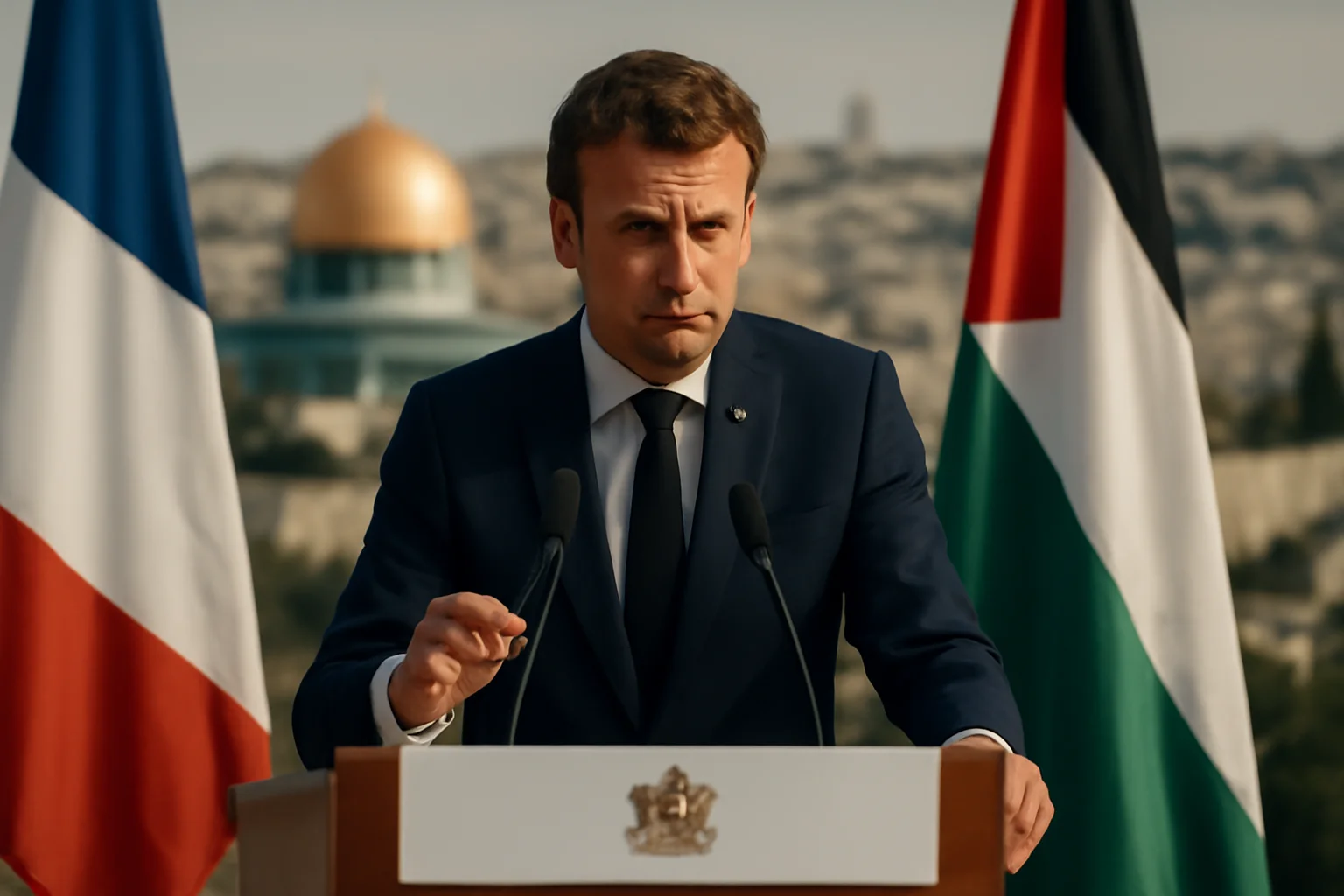
The fallout from Macron’s announcement rippled rapidly, provoking immediate and vocal reactions from global leaders and international organizations.Israeli Prime Minister Benjamin Netanyahu condemned the decision, warning that recognizing Palestine “rewards terror” and could create another Iranian proxy state on Israel’s doorstep.Netanyahu insisted that under current conditions, a Palestinian state would threaten Israel’s existence, framing Macron’s move as a dangerous departure from established alliances.U.S. Secretary of State Marco Rubio quickly echoed Israel’s alarm, denouncing the plan as “reckless” and claiming it would embolden Hamas while diminishing hopes for peace.President Donald Trump dismissed Macron’s declaration as inconsequential, asserting it “doesn’t matter” and “won’t change anything,” yet acknowledging Macron as a “good guy.”In contrast, Palestinian officials, Hamas, and supportive nations welcomed the decision, hailing it as a long-overdue validation of Palestinian self-determination.Palestinian Authority Vice President Hussein Al Sheikh praised France’s “commitment to international law and the rights of the Palestinian people,” while Hamas called the announcement “a positive step toward justice.”The international community found itself deeply divided, with some nations, such as Spain, Ireland, and Norway, having recently taken similar steps, and others—like Germany and the UK—hesitant to follow suit.China offered a more measured endorsement, reaffirming its support for a two-state solution but stopping short of outright celebration.As Macron prepared to rally other leaders behind France’s initiative, the world watched, knowing that this decision could reshape alliances and alter the trajectory of Middle Eastern diplomacy.
Advertisement
3. Breaking Western Consensus
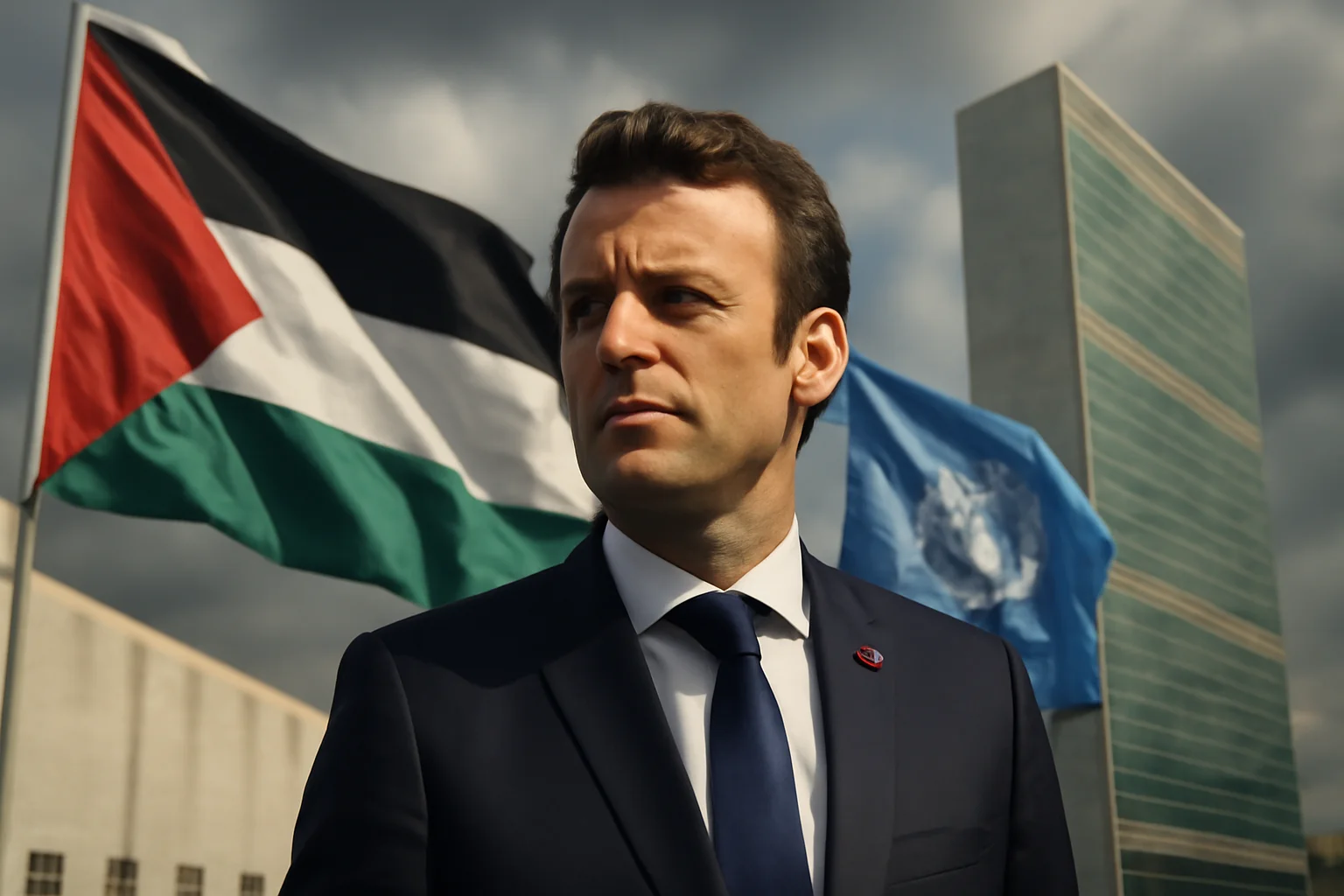
France’s decision has fractured the traditional unity among Western powers regarding the Israeli-Palestinian conflict, exposing deep divisions in diplomatic circles.For decades, the U.S. and its closest allies maintained a cautious approach, refusing unilateral recognition of Palestinian statehood and insisting on direct negotiations between the parties.Now, Macron’s move puts pressure on other G7 members—especially the UK and Germany—to reevaluate their own stances in light of shifting European sentiment.British Prime Minister Keir Starmer and German Chancellor Friedrich Merz engaged in urgent discussions with Macron following the announcement, ultimately calling for a ceasefire and humanitarian access but stopping short of recognition.Starmer emphasized that “statehood is the inalienable right of the Palestinian people,” but maintained it must be part of a larger roadmap toward security for both Palestinians and Israelis.Meanwhile, German officials insisted they had “no plans to recognize a Palestinian state in the short term,” reflecting deep caution amid growing domestic and international scrutiny.Macron’s initiative is seen as an attempt to break the impasse and force momentum where other Western governments have hesitated.Observers suggest that by taking this bold leap, France may influence a broader shift among its peers, potentially triggering a cascade of recognitions if others follow suit.However, the risk of alienating key allies—particularly the U.S.—remains significant, with Washington warning of consequences for any steps perceived as undermining its longstanding approach.The West now stands at a crossroads, with France’s leadership challenging others to define their positions more clearly than ever before.
Advertisement
4. Rising Tensions

The timing of France’s recognition arrives against the backdrop of intensifying violence and humanitarian crisis in Gaza, deepening the stakes for all involved.Israel has waged a devastating campaign in Gaza since the October 2023 Hamas attack, with the Palestinian enclave suffering relentless bombardment, starvation, and infrastructural collapse.International aid organizations warn of mass casualties and widespread hunger, as Israeli policies continue to block critical supplies and exacerbate suffering among civilians.In response to mounting international condemnation, Israel maintains that recognizing a Palestinian state now would reward violence and embolden terrorist organizations, undermining regional security.Israeli officials point to the risk of Hamas seizing control of a new Palestinian state, transforming it into a launching pad for attacks on Israel.Meanwhile, right-wing Israeli politicians and ministers have called for the annexation of the West Bank as a direct response to Macron’s decision, signaling a dangerous escalation in the territorial dispute.The Palestinian perspective, however, emphasizes the urgent need for recognition as a prerequisite for peace and a means to kickstart serious negotiations.Hamas and other Palestinian factions have seized on France’s decision as a victory, using it to rally international support for their cause.With the humanitarian disaster in Gaza worsening daily, Macron’s announcement has reignited global debate about the most effective path to ending the cycle of violence.The region’s future remains uncertain as leaders weigh the risks of new diplomatic initiatives against the entrenched realities of conflict.
Advertisement
5. Will Others Follow?
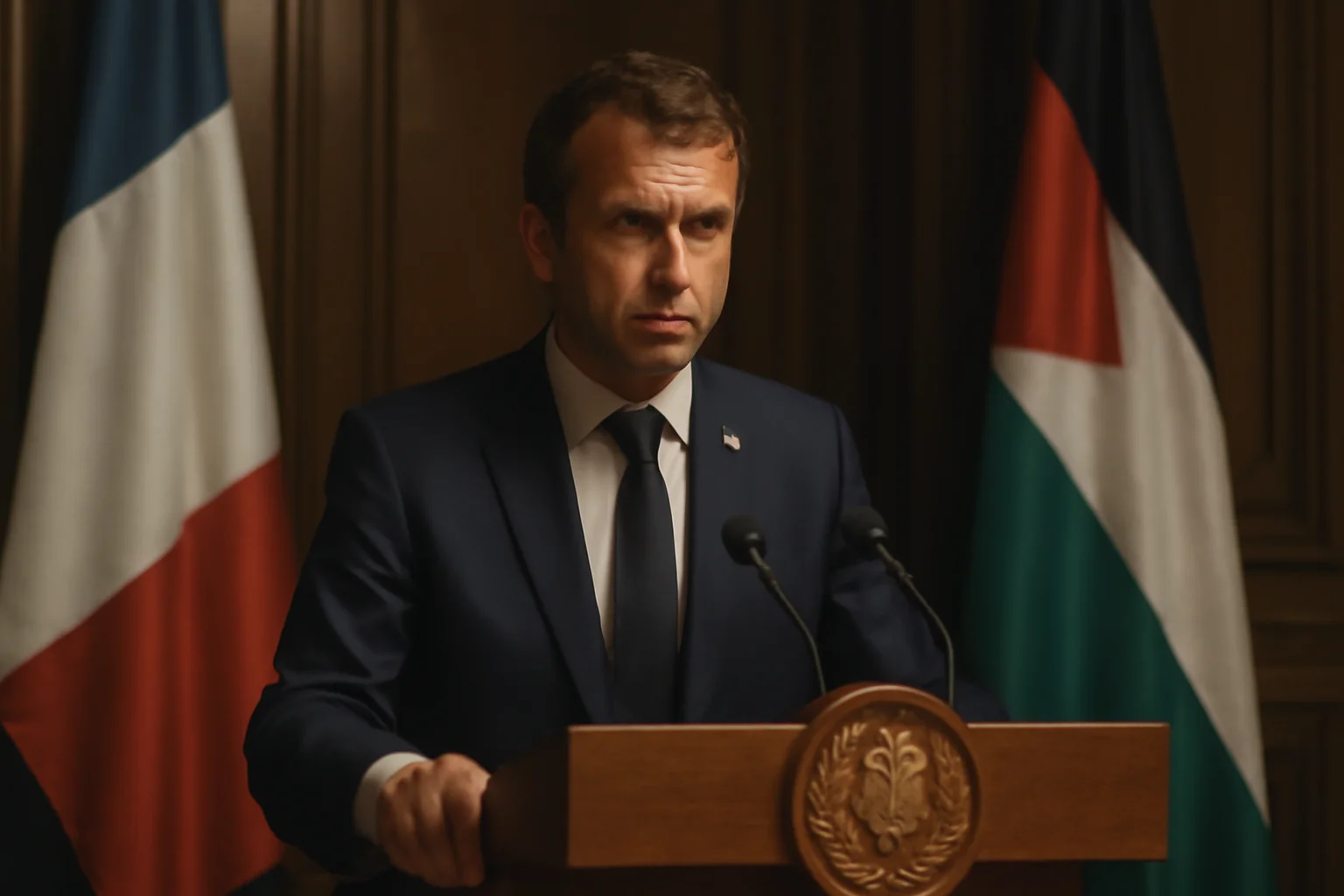
France’s recognition is more than a symbolic gesture—it is an open invitation to other major powers to join a growing international consensus for Palestinian statehood.Nearly 150 of the 190 UN member states have recognized Palestine, but France’s move as a G7 leader marks a watershed moment, raising expectations for further action from other influential countries.Diplomatic sources suggest that Macron hopes to “create momentum” ahead of the UN General Assembly, pressuring reluctant allies to reconsider their own positions.French officials have hinted at ongoing talks with counterparts in the UK, Germany, and beyond, seeking to rally support for coordinated action in September.However, resistance remains strong among Western holdouts, particularly the United States, which has repeatedly warned allies against unilateral recognition.U.S. diplomatic cables and statements from top officials underline the risks of disrupting the fragile balance of power in the region, fearing unintended consequences.European governments are similarly divided, with some leaders facing intense political pressure at home to support Palestinian rights, while others remain wary of jeopardizing relations with Israel and Washington.The outcome of this diplomatic contest remains uncertain, but the significance of France’s initiative is already reverberating in capitals across the world.Whether Macron’s gamble succeeds in breaking the deadlock or simply hardens divisions, the coming months will be critical for the future of the two-state solution.
Advertisement
6. Symbolic Power
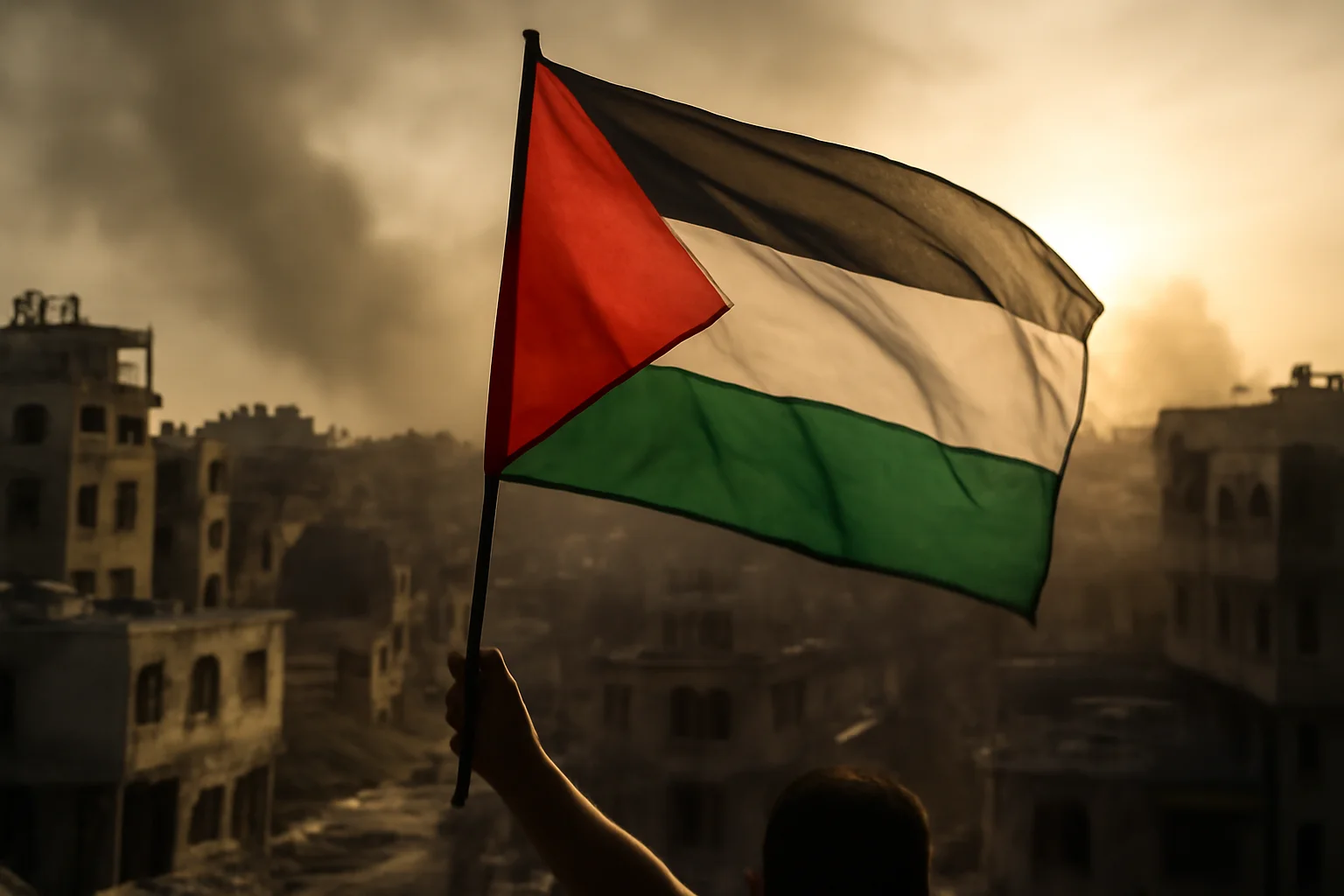
While Macron’s announcement is undeniably historic, its immediate impact on the ground remains largely symbolic—at least for now.Analysts and observers point out that diplomatic recognition alone will not halt the violence, end starvation, or rebuild shattered communities in Gaza.Critics argue that France, like other Western states, continues to supply arms to Israel and has yet to impose sanctions or embargoes that could force a change in policy.Khaled Elgindy, a Middle East scholar, suggests that gestures of recognition must be matched by real political will and concrete action to make a difference.Proponents of Macron’s decision counter that symbolism matters: official recognition strengthens the legitimacy of Palestinian aspirations and sends a powerful message to both sides.They insist that breaking the deadlock is essential to preventing the complete collapse of prospects for a two-state solution.France’s hope is that by shifting the narrative, it can force a reevaluation of entrenched positions and revive the possibility of peace talks.The reaction among Palestinians has been largely positive, with officials and activists viewing the move as a moral victory and a catalyst for renewed international engagement.Nevertheless, skepticism abounds as the humanitarian crisis in Gaza deepens, with many warning that recognition alone is no substitute for substantive change.The gap between diplomatic theater and the harsh realities of conflict is now at the center of debate over the path forward.
Advertisement
7. Humanitarian Crisis Drives Diplomacy

The relentless suffering in Gaza has given Macron’s decision an added sense of urgency, as images of malnourished children and devastated neighborhoods shock the global conscience.Since the war reignited in October 2023, the enclave has been reduced to ruins, with aid organizations describing a “catastrophic” situation of mass displacement and widespread starvation.UN agencies and humanitarian groups have condemned the ongoing blockade and bombing campaign, blaming Israeli policy for engineering a crisis of unprecedented scale.Calls for an immediate ceasefire, unrestricted humanitarian access, and the protection of civilians have intensified, with Western governments coming under mounting pressure to act.France’s move to recognize Palestine is widely seen as a response to this humanitarian disaster—a bid to change the conversation and force progress where diplomacy has repeatedly failed.While Macron’s gesture cannot reverse the suffering overnight, it is intended to signal a break with impassivity and a renewed commitment to international law and human rights.Critics insist that only practical steps—such as imposing arms embargoes or trade sanctions—can truly alter the situation on the ground.Still, Macron’s declaration has drawn attention to the central role of humanitarian imperatives in shaping new approaches to the conflict.The eyes of the world are now on Gaza, as diplomatic momentum builds around the question of statehood and the urgent need for relief.
Advertisement
8. Israel’s Diplomatic Counteroffensive
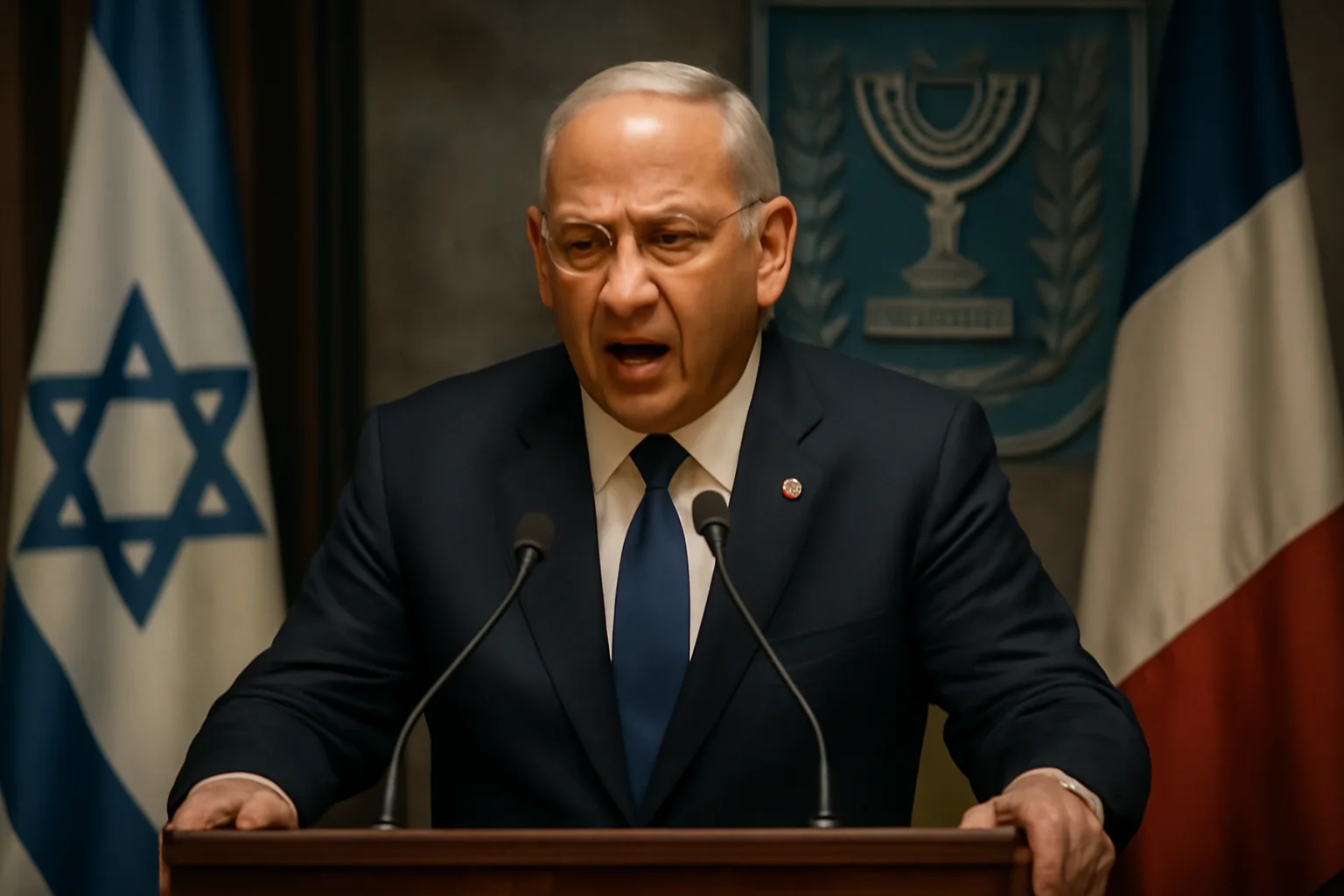
In the wake of France’s recognition, Israel has launched an aggressive campaign to contain the fallout and prevent further erosion of its diplomatic support.Prime Minister Netanyahu and his cabinet have warned of dire consequences for bilateral ties, threatening to scale back intelligence sharing and complicate France’s regional initiatives.Israeli leaders have lobbied other G7 nations, urging them to resist the pressure to follow Macron’s lead and cautioning against what they describe as a “nuclear bomb” for alliances.Some Israeli politicians have even called for the annexation of parts of the West Bank in retaliation, signaling a willingness to escalate the conflict rather than concede to new diplomatic realities.Israel’s strategy is aimed at isolating France and deterring others from joining the movement for recognition, while doubling down on security and sovereignty.At the same time, right-wing factions in the Israeli government have used Macron’s decision to rally domestic support and justify hardline measures against the Palestinian territories.International observers worry that this rhetoric could further inflame tensions and make a peaceful resolution even more elusive.Despite the backlash, France remains firm in its position, insisting that recognition is essential for building the foundations of peace.The coming months will test whether Israel’s diplomatic offensive can contain the momentum unleashed by Macron’s bold step.
Advertisement
9. The Two-State Solution
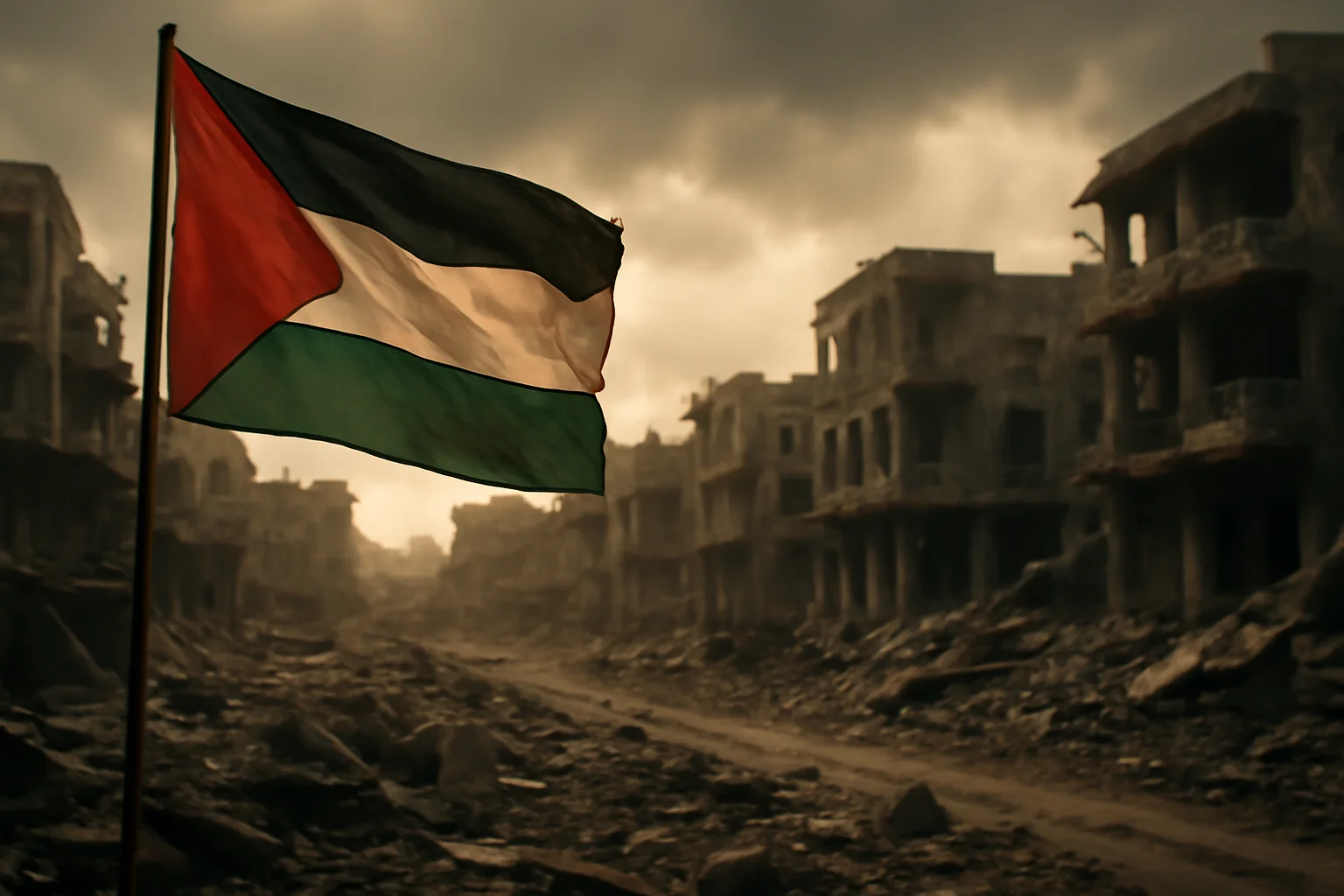
Macron’s announcement has reignited the debate over the viability of the two-state solution—a framework long considered the cornerstone of Middle East peace efforts.Supporters argue that recognizing Palestinian statehood is a necessary precondition for any meaningful negotiations, restoring balance to a process historically tilted in Israel’s favor.Critics counter that the prospects for a two-state solution have never looked more remote, with Gaza in ruins, the West Bank under expanding settlement, and both societies deeply traumatized by war.The reality on the ground is bleak: mass displacement, destroyed infrastructure, and little trust between leaders or populations.Nevertheless, advocates like Husam Zomlot, the Palestinian ambassador to the UK, insist that state recognition must come “without ifs and buts,” serving as the spark for renewed talks.The House of Commons Foreign Affairs Committee in the UK has argued that waiting for the “perfect time” for recognition is a mistake, urging action while a Palestinian state still exists in principle.International legal proceedings, including a genocide case at the International Court of Justice, further complicate the landscape and increase the stakes for all sides.France’s decision is now seen as a call to the world: either recommit to a negotiated settlement, or accept the demise of the two-state vision.As political pressure builds, the future of Middle East peace remains precariously balanced.
Advertisement
10. A New Chapter in the Middle East?
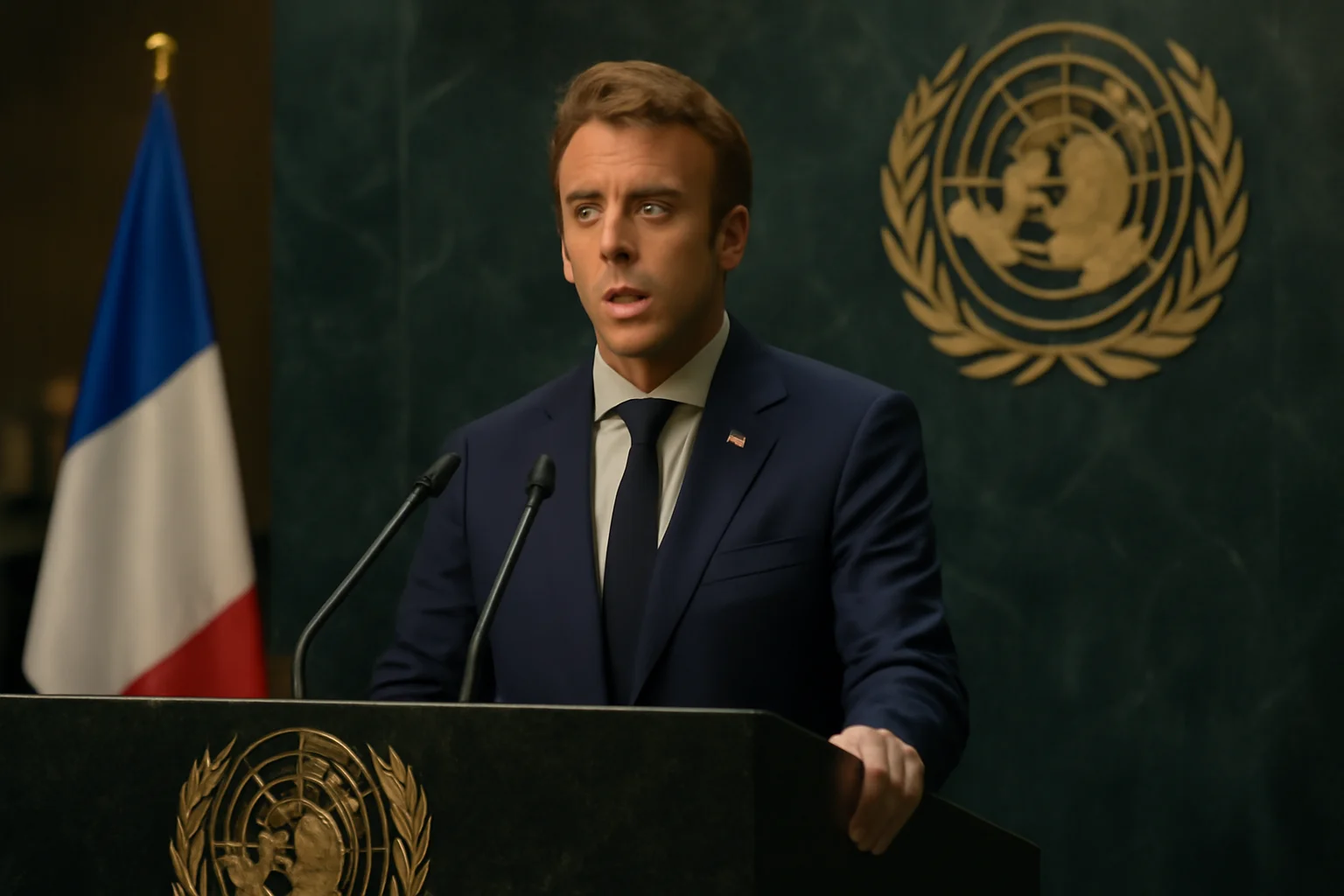
France’s decision to recognize Palestinian statehood marks the beginning of a new chapter in the protracted saga of the Israeli-Palestinian conflict.While immediate change on the ground is unlikely, the move has shifted the diplomatic landscape, forcing leaders, governments, and global institutions to reevaluate their positions.With the UN General Assembly in September looming, attention will focus on whether other major powers follow Macron’s lead or stand firm in opposition.For Palestinians, France’s recognition is a beacon of hope and a validation of decades-long struggles for self-determination and international legitimacy.For Israelis, it is a source of anxiety and anger, raising fears of isolation and the erosion of security guarantees.For the world, the moment is fraught with both promise and peril: a test of whether diplomacy and symbolic gestures can drive real change in one of the world’s most intractable conflicts.As Macron and other leaders prepare for critical meetings in New York, the stakes have never been higher.History will judge whether this bold initiative breaks the stalemate or deepens the divisions that have haunted the Middle East for generations.
Advertisement
Advertisement
You May Also Like
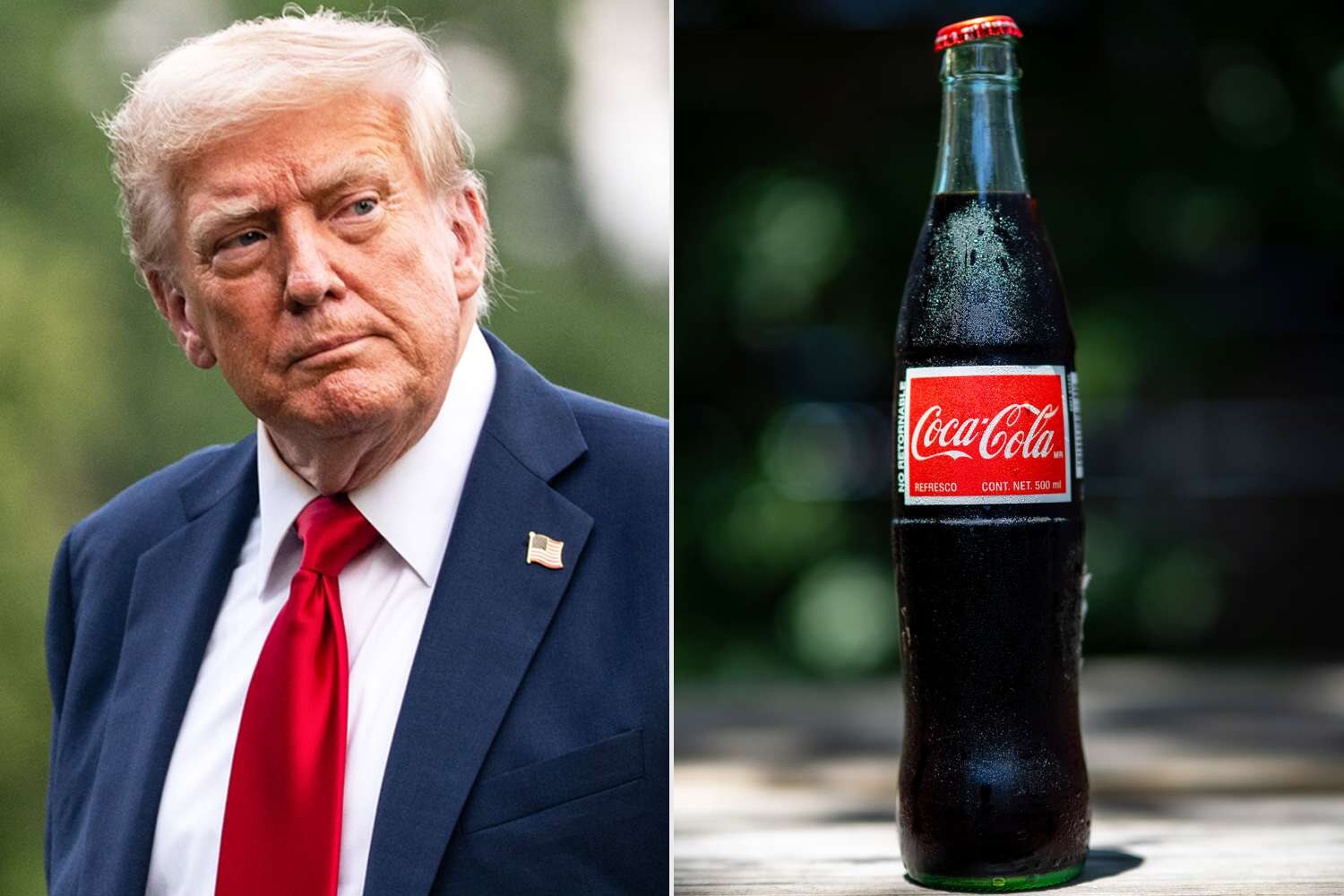
Coca-Cola Will Launch a Version of Coke With Cane Sugar in the U.S. This Fall
That's pretty good, right?

Shia LaBeouf and FKA Twigs Reach Settlement in Sexual Assault and Battery Lawsuit
This was still going on?

